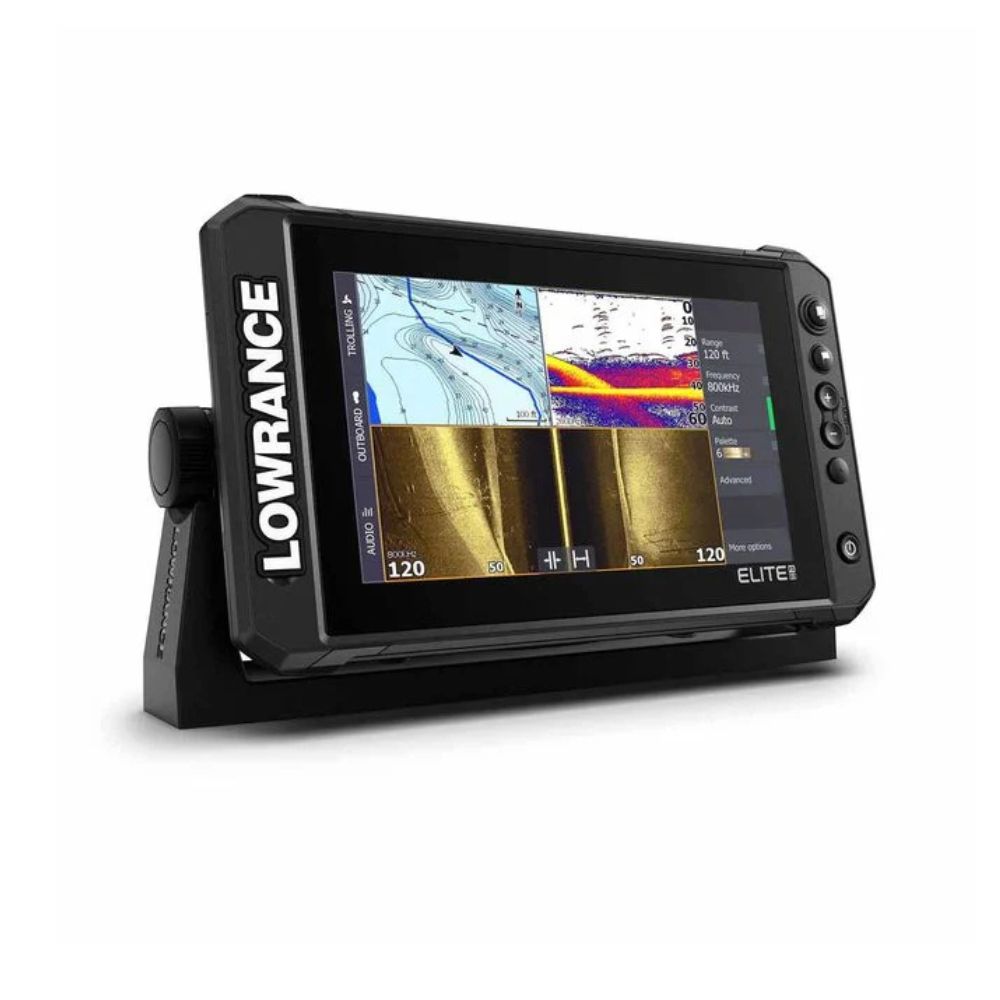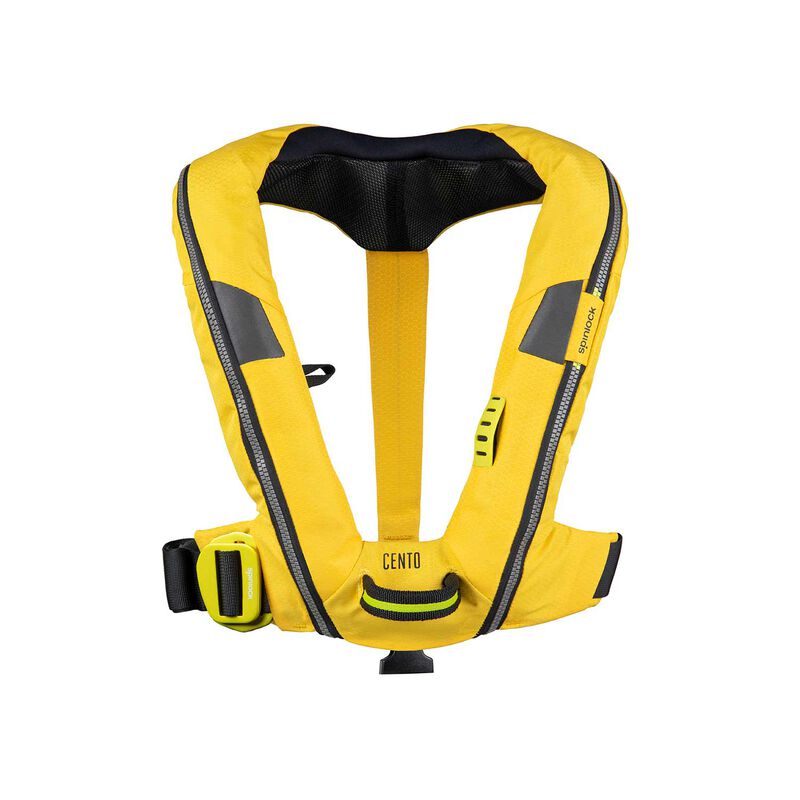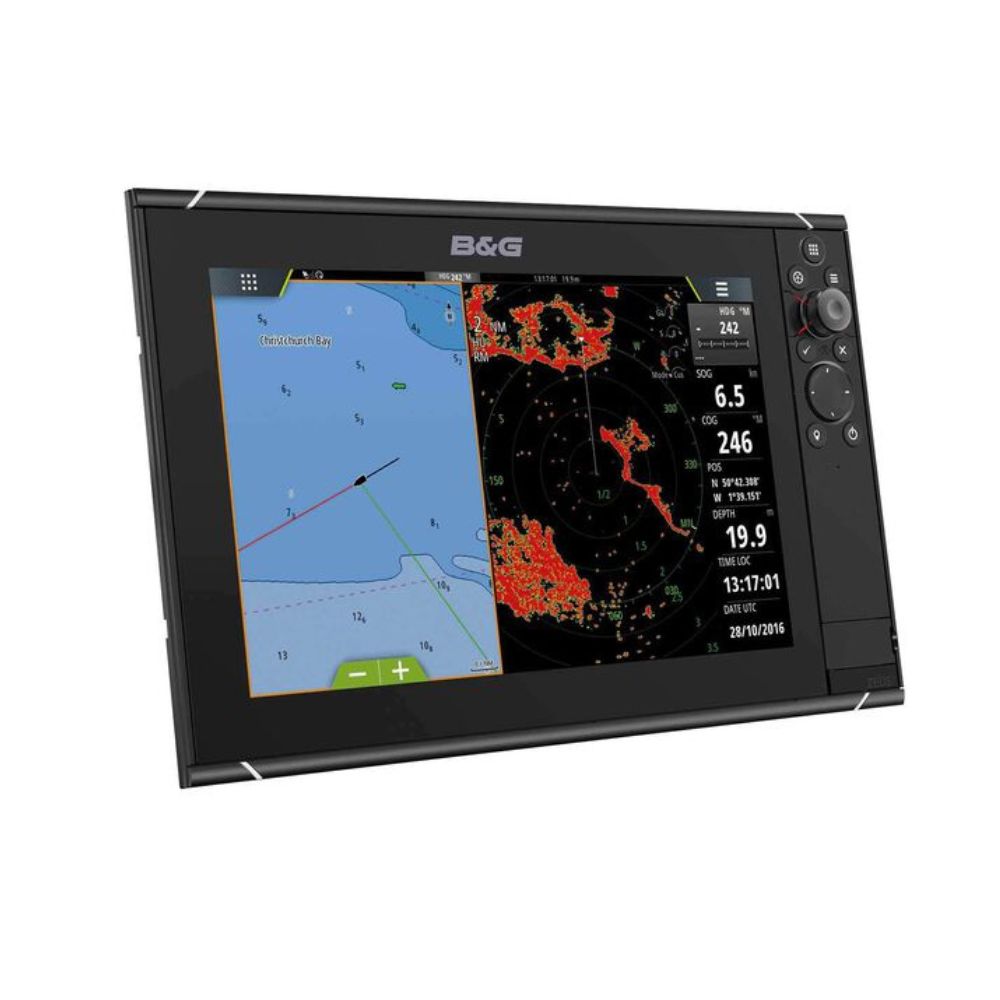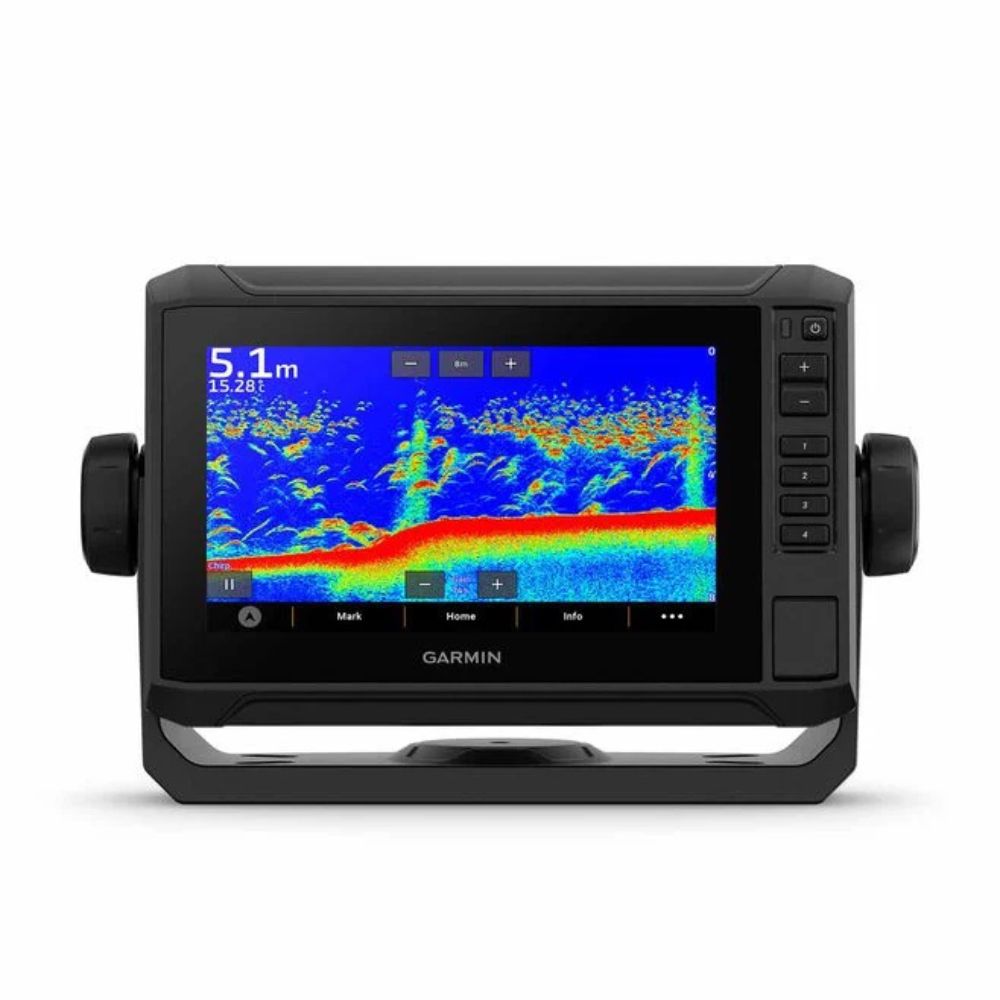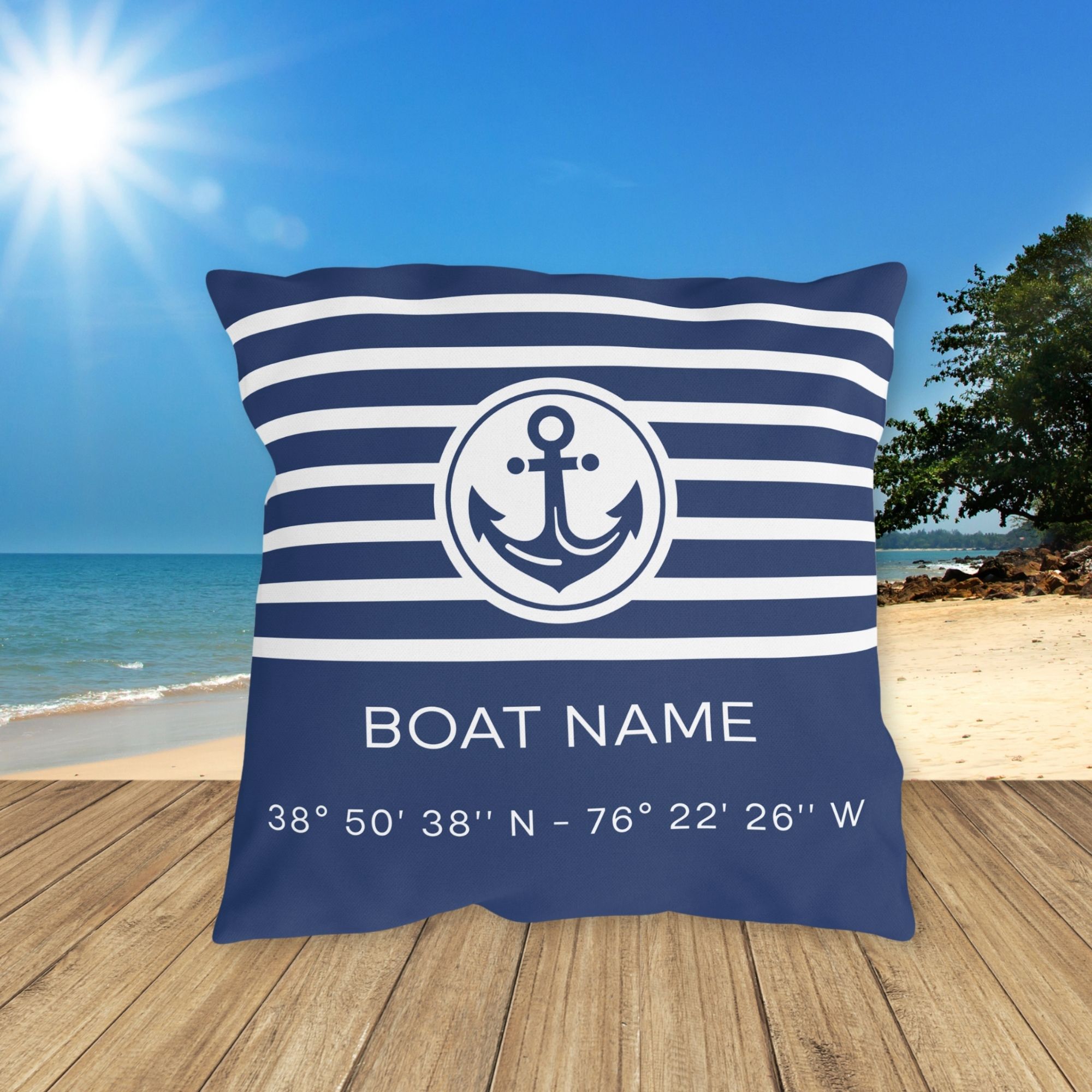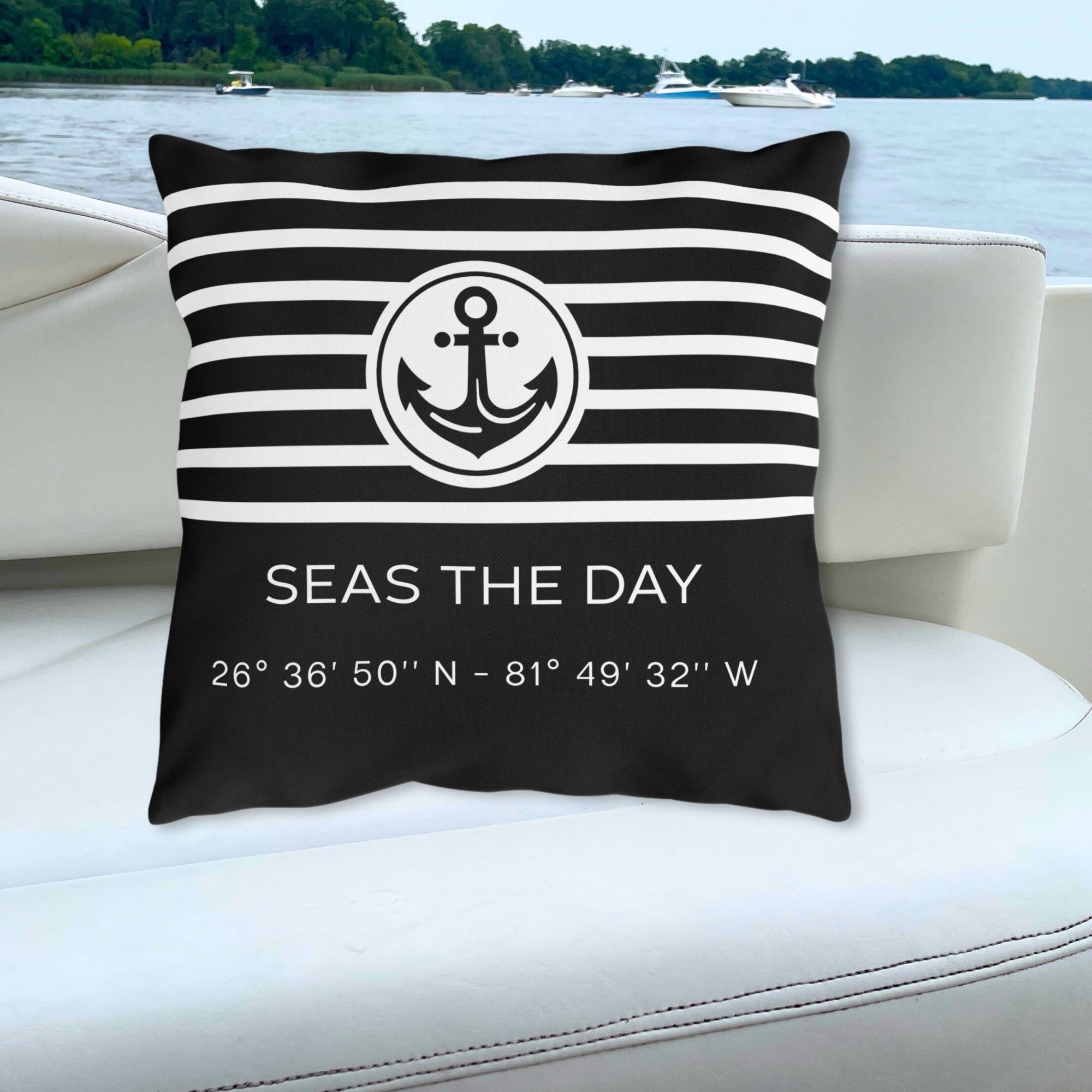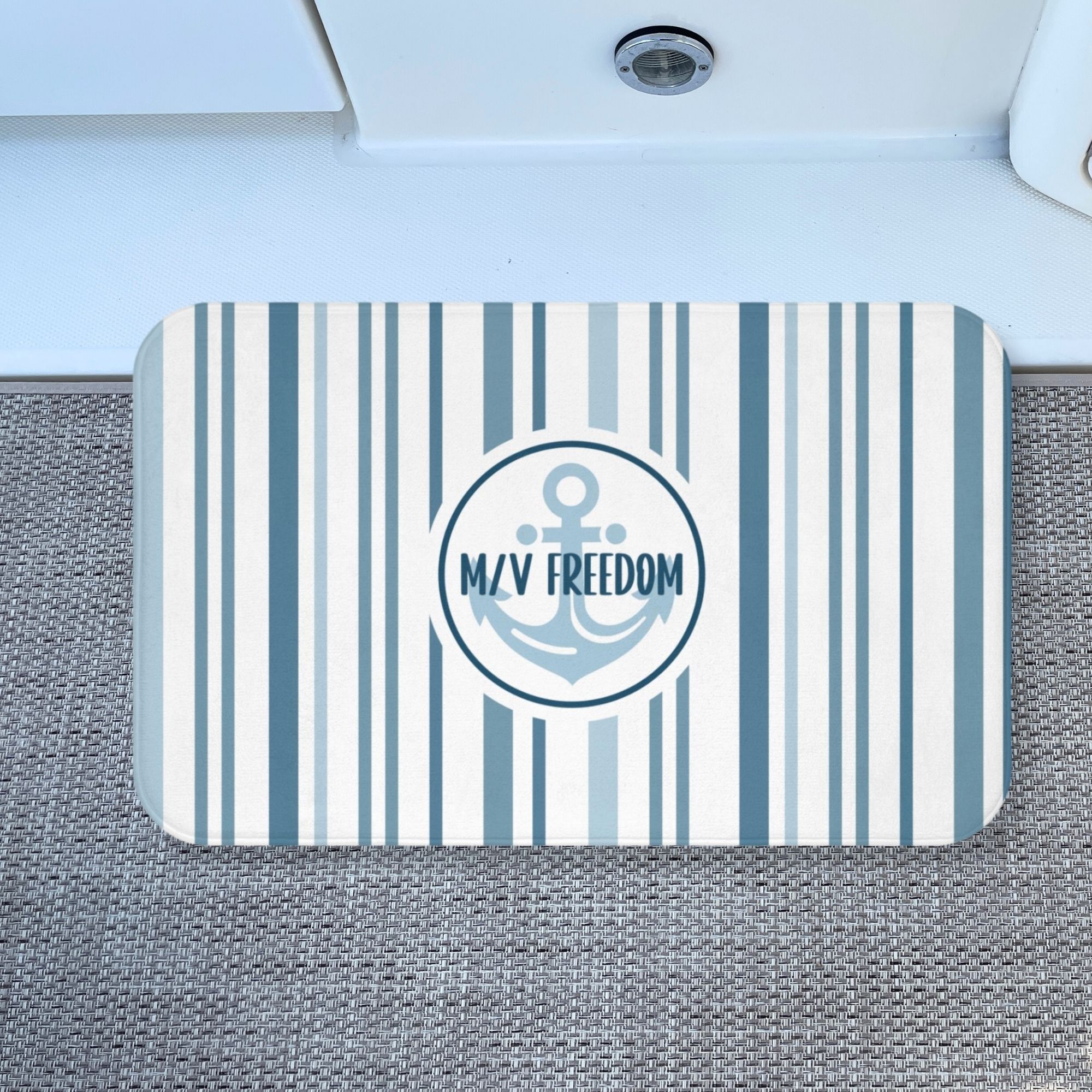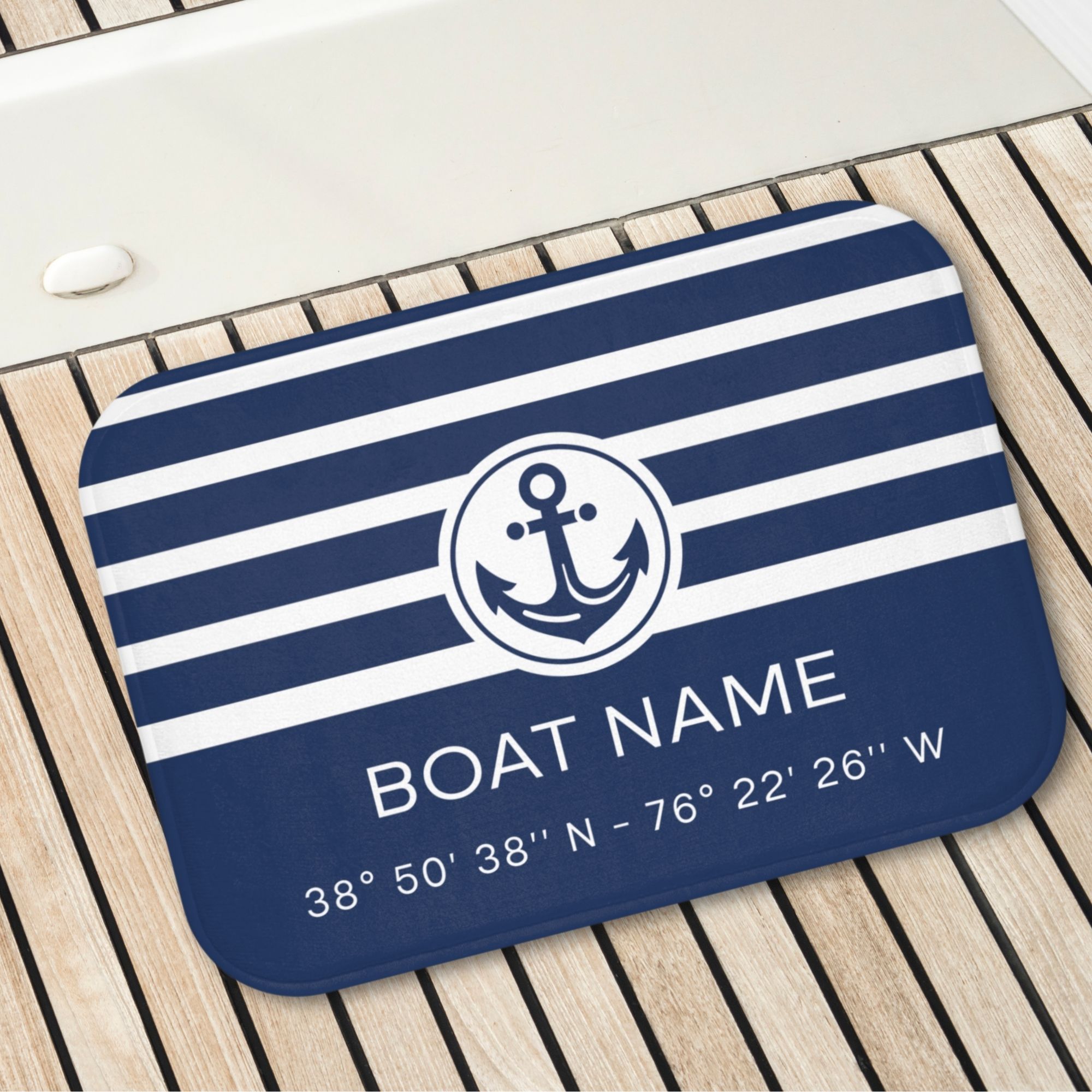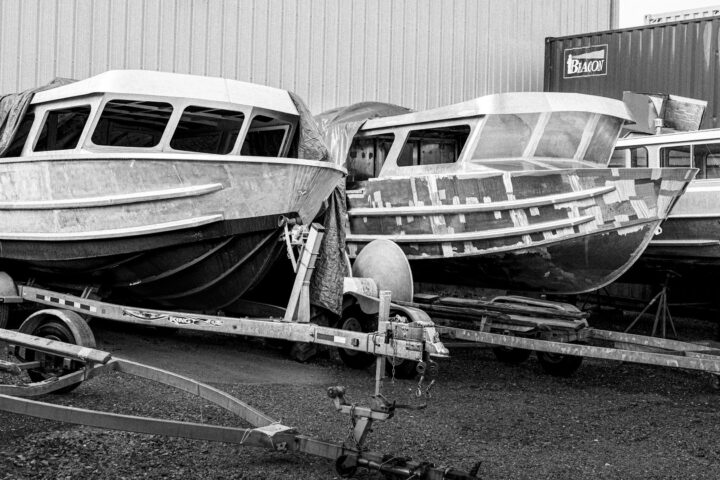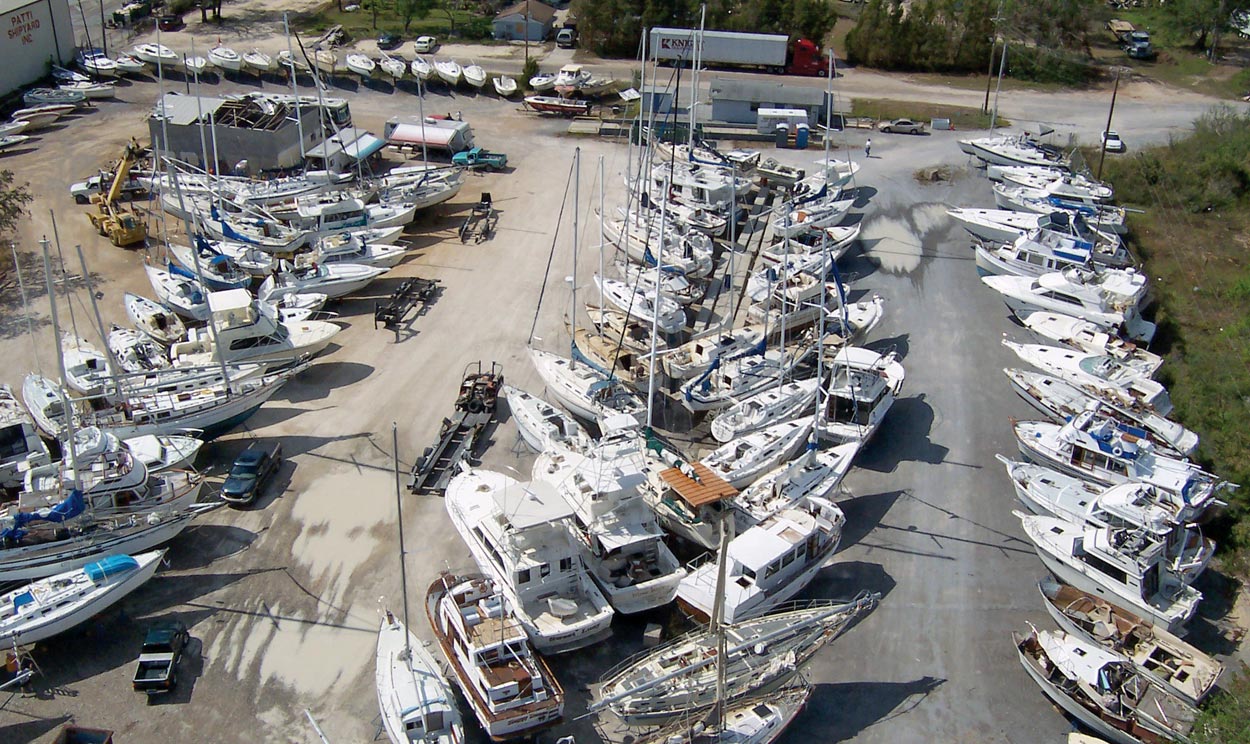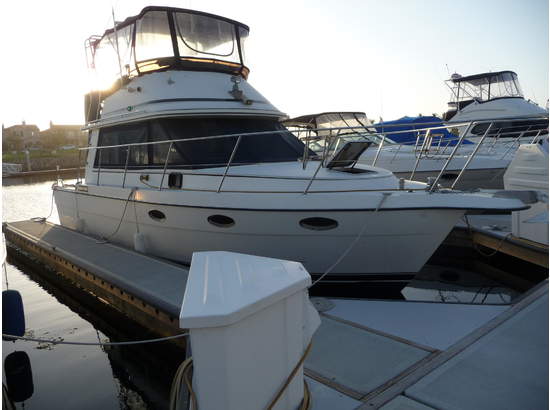
If you’re a boat owner, you know the joy of sailing the open waters and the memories created on your vessel. However, there may come a time when you need to part ways with your old boat. Due to age, damage, or simply the desire for an upgrade, disposing of an old boat can be challenging. But it doesn’t have to be that way.
Here are practical and environmentally friendly ways to dispose of your old boat.
Donating The Boat
If you need help with what to do with your old boat, consider donating it to a charitable organization. Many charities, including those specializing in Wisconsin boat donations, eagerly welcome such contributions. They accept boats in varying conditions, offering an effortless way to part ways with your vessel.
These charitable entities can use the donated boat to raise funds through reselling or scrapping. It provides a convenient and environmentally friendly solution to decluttering while allowing you to contribute to a noble cause.
Moreover, such donations might come with financial benefits. Depending on your jurisdiction, you could be eligible for a tax deduction. This win-win scenario is worth considering when you let go of your boat.
Trading In the Boat
Do you want to upgrade your boat? Trading in your old one is a pragmatic strategy. Many dealerships offer trade-in programs, accepting your used boat as part of the payment for a new one. For example, a decade-old speedboat could significantly offset the cost of a new yacht.
This approach reduces the financial burden typically associated with such purchases. It also conveniently addresses the issue of disposing of your old vessel, eliminating the need for a separate sale process. In essence, trading in enables an upgrade in your seafaring experience without the hassle of managing two transactions and eases the financial implications.
Recycling The Boat
Boat recycling is an environmentally friendly disposal option. It has several parts like metal fittings, engines, and electronic gear that can be recycled. A copper propeller, for instance, can be melted down and used to make new items such as plumbing fixtures, electrical components, decorative objects, or even jewelry.
While less frequent, certain materials like fiberglass also hold recycling potential. Many cities operate marine recycling facilities to aid in this process. They have the necessary technology and expertise to extract reusable materials from your old vessel.
Ultimately, recycling your boat is a responsible choice. It ensures that the end of your boat’s life doesn’t harm the environment. Instead, it contributes to a cycle of sustainable reuse, creating a positive environmental impact.
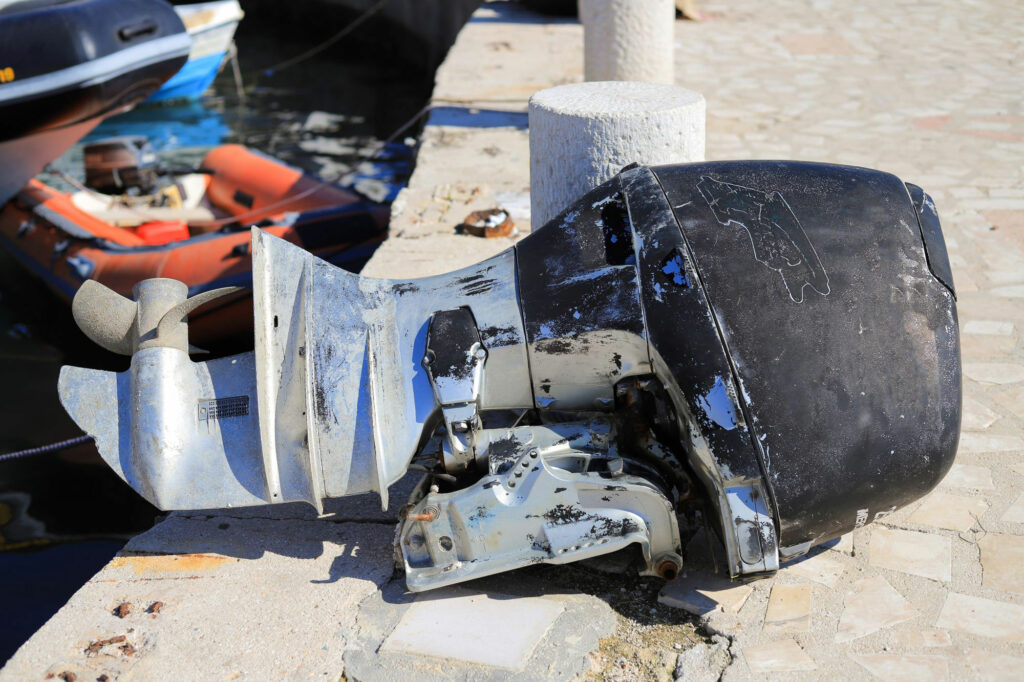
Selling The Boat
If your boat is still in good condition, selling it may be the best route. You can opt for private selling or brokerage. For instance, you could list your cabin cruiser on an online marketplace or hire a marine broker.
Selling a boat requires effort, like preparing it for sale through cleaning, minor repairs, and effective marketing. However, the potential returns can be substantial. A well-maintained yacht, for example, could provide significant funds towards a new purchase or other investments.
Repurposing The Boat
Repurposing your boat is an option for creative minds. There are countless ways to give it a second life. For example, a small sailboat could be transformed into a charming garden feature filled with vibrant plants and flowers.
Alternatively, a larger vessel could become a children’s play area. Imagine turning your old houseboat into a pirate-themed playground. Moreover, some parts of the boat, like the helm or seating, could be repurposed into a unique piece of furniture.
While repurposing isn’t for everyone, it’s a creative and eco-friendly way to extend your boat’s lifespan. It adds character to your space and reduces waste, making it an exciting and responsible choice.
Sinking The Boat
Though it might sound counterintuitive, sinking your boat can be an option. Some coastal areas permit sinking old boats, creating artificial reefs and new habitats for marine life. Your old fishing trawler, for example, could become a vibrant underwater ecosystem.
However, this option requires adherence to strict environmental guidelines. Regulations around cleaning the boat to prevent potential pollution must be followed. Moreover, obtaining all necessary permissions and complying with local laws is essential.
Takeaway
The journey of boat ownership ultimately leads to a moment of departure. As you decide on your boat’s next chapter, consider all these practical and environmentally friendly methods. Each option provides unique benefits and allows you to bid farewell to your boat responsibly. Choose the approach that best aligns with your needs and preferences and make a positive impact in the process.
Trending Now: Must-Have Boat Gear for Your Boat Life
Trending Now: Custom Boat Decor
-
Boat Pillow with Boat Name & LAT LONG Coordinates
Quick ViewBuy on Etsy -
Boat Pillow with Boat Name & LAT LONG Coordinates- Black
Quick ViewBuy on Etsy -
Coastal Blue Stripes Bathmat with Anchor & Boat Name
Quick ViewBuy on Etsy -
Custom Boat Mat with Boat Name & LAT LONG Coordinates
Quick ViewBuy on Etsy
Disclosure: This site may contain links affiliated with companies where we receive compensation. Also, as an Amazon Associate we may earn from qualifying purchases we refer but it does not impact the price you pay. Full disclosure policy.

